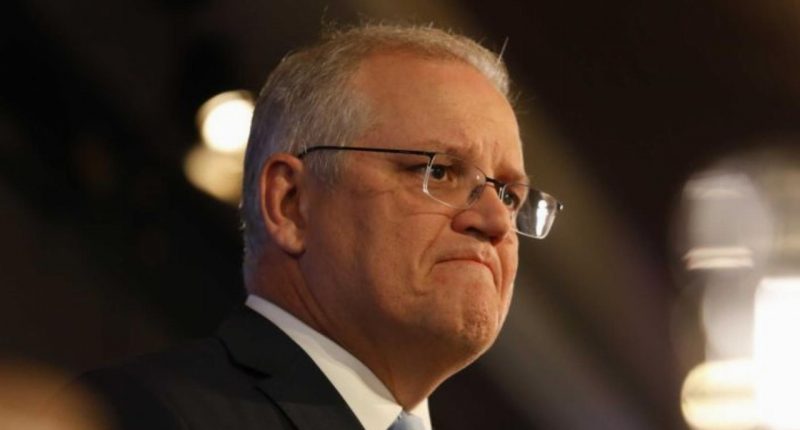- With the 2021 Federal Budget right around the corner, the Morrison government has highlighted some more tax breaks and jobs boosts today
- The upcoming budget will highlight a $1.5 billion investment into the manufacturing industry
- This will focus on six key areas: resources tech and critical minerals processing, food and beverage, medical products, recycling and clean energy, defence, and space
- On top of the manufacturing support, Federal Treasurer Josh Frydenberg highlighted a range of tax cuts for small businesses
- Businesses with an annual turnover of between $10 million and $50 million will be eligible for Fringe Benefits Tax (FBT) exemptions, among other cuts
- The 2021 budget is set to be announced on Tuesday, October 6
With the 2021 Federal Budget right around the corner, the Morrison government has highlighted some more tax breaks and jobs boosts today.
Prime Minister Scott Morrison said in light of the economic havoc wrought by COVID-19 this year, the upcoming budget is “one of the most important, if not the most important since the end of the Second World War.”
In his speech this week, the Prime Minister flagged the manufacturing industry as the next sector to cop some major government support. Not long after, Federal Treasurer Josh Frydenberg highlighted the latest support measures for small businesses in a post-COVID world.
Manufacturing boost
At the forefront of the government’s manufacturing support is a $1.5 billion investment into what the government is calling it’s ‘Modern Manufacturing Strategy,’ designed to make Australian manufacturers more competitive and resilient.
“We make things in Australia. We do it well. We need to keep making things in Australia. And with this strategy, we will,” the Prime Minister said.
According to the Prime Minister, manufacturing employs some 860,000 people in Australia and, before COVID-19, was generating over $100 billion for the economy and $50 billion in exports each year.
Under the plan, the government will focus on six key areas to support manufacturing: resources tech and critical minerals processing, food and beverage, medical products, recycling and clean energy, defence, and space.
Minister for Industry, Science and Technology, Karen Andrews, said the strategy will focus on investing in sectors that have the most potential to deliver for our future.
“This is about Australia playing to its strengths and the Government strategically investing in areas of manufacturing where we know we have an edge and that can deliver the jobs we need,” Minister Andrews said.
The Prime Minister put a particularly emphasis on gas for economic recovery, especially for the manufacturing sector.
More details about the government manufacturing industry support will be highlighted in the federal budget, due to be announced next Tuesday.
Business tax breaks
The Morrison government has also taken some measures to support the re-shuffling of employees that has happened in many businesses thanks to the coronavirus pandemic.
Businesses trying to minimise costs have been training staff to take on different roles within the company to maximise efficiency, but until now have had to cop what’s known as a Fringe Benefits Tax (FBT) for doing so.
Currently, a 47 per cent FBT needs to be paid by a business if it trains an employee in an area that is not directly connected to their current area of employment. Treasurer Josh Frydenberg gave the example of a company’s sales assistant in web designer being trained in an online marketing role — under current rules, the business would have to pay FBT for providing this training.
The government will now be removing this tax, effective immediately.
“Removing costly barriers to training as the economy rebuilds is essential to ensure Australian employees have the opportunity to reskill or retrain for the jobs that will come back as the economy reopens,” Treasurer Frydenberg said.
On top of the retraining tax exemptions, businesses with an annual turnover of between $10 million and $50 million will be eligible for up to ten more tax concessions.
These include deductions for certain start-up expenses and more FBT exemptions for things like providing parking for employees and multiple work-related portable electronic devices, like phones or laptops.
These changes won’t be implemented immediately but will be rolled out next year and detailed in next week’s budget announcement.







